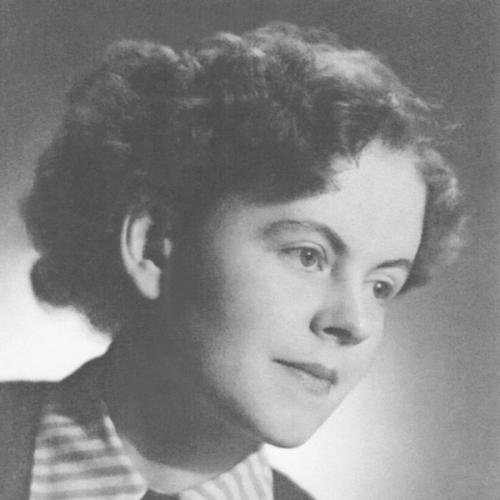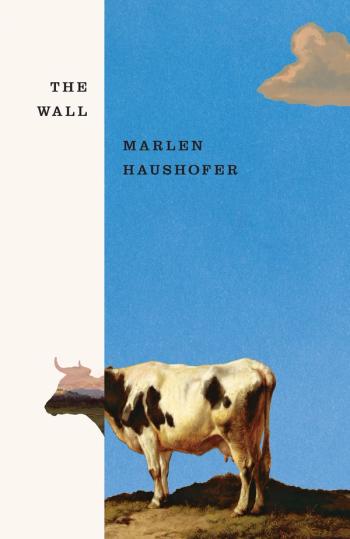Marlen Haushofer
Marlen Haushofer (1920–1970) was an Austrian author of short stories, novels, radio plays, and children’s books. Her work has had a strong influence on many German-language writers, such as the Nobel Prize–winner Elfriede Jelinek, who dedicated one of her plays to her. The Wall was adapted into the 2012 film, directed by Julian Pölsler and starring Martina Gedeck.

